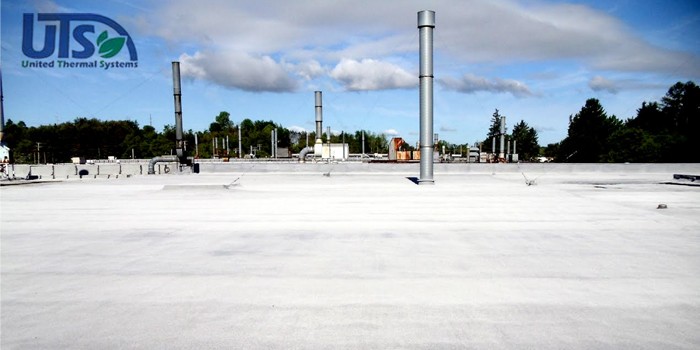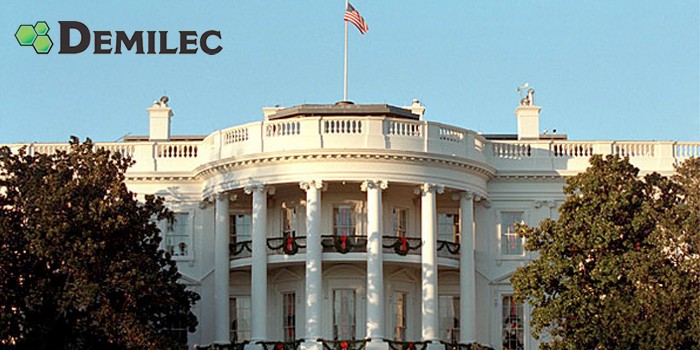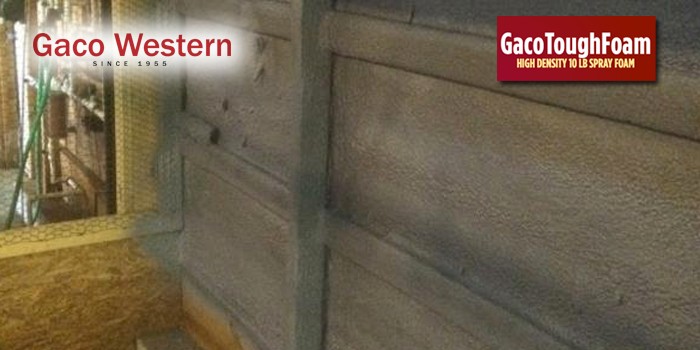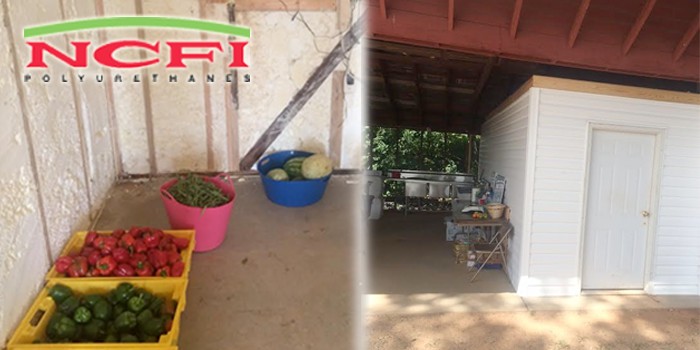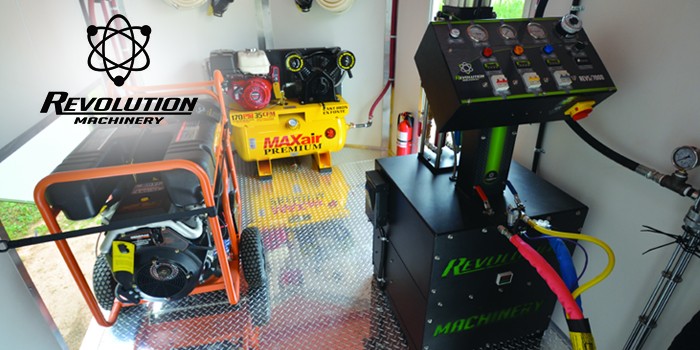University of Missouri’s Historic Memorial Union Gets New Life with TerraThane Geotechnical Foam
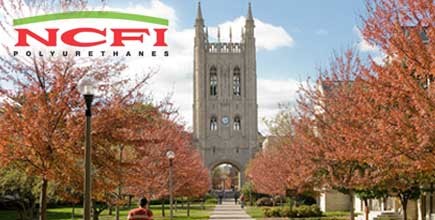
MOUNT AIRY, NC— March 12, 2014 – The Univ. of Missouri's iconic Memorial Union, with its Gothic architecture and central bell tower, was built to commemorate the 117 Mizzou alumni who lost their lives in WWI, and has been under silent attack. Like all buildings built atop the ancient dry riverbeds of the tributary valleys of the Missouri River, the soil beneath is a mixture of sand, clay, and fine rock particles and highly susceptible to erosion from water. So, while hundreds of thousands of students walked the hallways of the building, water escaping steam pipes far beneath caused severe drying of the soil and destabilized it enough so that erosion created voids, or cavities in the soil, some as large as four feet. In turn, this caused the concrete slab floors atop the voids to become uneven, and the eventual danger of even greater problems loomed large.
A team of engineers went after the problem, including MU alums, Matt VanderTuig, P.E., of Bartlett & West, Jefferson City, MO, and Mark Whitehead, P.E. with extensive structural design and environmental engineering management experience. They suggested to Chris Hentges, president of SIRCAL Contracting, Jefferson City, the general contractor in charge of the job, that instead of using the older method of mudjacking, a highly involved and intrusive process of drilling large holes in the slabs—sometimes removing the Mizzou Memorial Union TerraThane slabs entirely—and pumping "mud", ultra-heavy Portland cement-based grout, into the void, then leveling the slabs, that the university might better be served by using the newer polyurethane foam system method called "foamjacking" or "polyjacking."

"It was a typical problem for the state, but the historic nature of the building made it much more urgent that the right product was used. I've seen the names of the 117 alums that died for us all in WWI inscribed on the walls. That building is the heart of Mizzou," said Joe Morgan, CEO, Pro Foundation Technology, Inc., the Kansas City firm chosen to do the work. "We used NCFI's TerraThane Geotech foam system because the quality is best in the industry, and we know if we have any unforeseen problems whatsoever once we drill the 5/8th-inch holes, NCFI is here to help with 47 years of foam experience. They pioneered foam in the U.S., so we trust them completely."
Morgan says they focused on the area of concern, a 1,200 sq. ft. area under the offices of the building, and pumped in 375 cubic feet, 1,500 lbs., of TerraThane.
"The product is so easy to use, not all the mess of the old mudjacking process, its simpler to use, cures in no time at all, is cleaner, doesn't require the building to shut down, and takes a lot less time start to finish," says Morgan.
Whitehead agrees those factors all played a role in choosing polyurethane foam over mud, or other legacy solutions, and adds the long-term stability of the soil surrounding the voids, the fact that foam is structurally strong while considerably lighter than mud slurry, thus puts less pressure on the surrounding soil, and concerns over future water mitigation sealed the deal for polyurethane foam.
Kevin Johnson, construction project manager for UM, said Pro Foundation's TerraThane solution cost about 60% less than other repair methods, and those direct costs savings were augmented by the minimal intrusion/downtime, quick curing time, and simple clean up time.

"It only took two days and no disruption of Mizzou Memorial Union TerraThane the building occupants or students," says Johnson.
He adds it was obviously the best choice.
Whitehead says the project gave him a feeling of "being able to give back to the school that has given me so much. I never dreamed as a student walking through that archway the career for which I was training here would one day have an impact on this very building. I'm glad to play a role in saving a building so important to the hundreds of thousands of Mizzou alums and future Tigers."
About NCFI: NCFI, headquartered in Mt. Airy, NC since 1964, manufactures polyurethane foam chemical systems for spray foam-in-place insulation (SPF), geotechnical, agricultural, roofing, marine floatation, packaging, specialty molding, and many other uses. The company also offers a complete line of flexible foams for furniture seating, transportation seating, bedding, carpet underlay, and packaging. NCFI also has manufacturing plants in Hickory, N.C., Dalton, GA., and Salt Lake City, UT. To learn more about NCFI, please use the contact information and links provided below.
Disqus website name not provided.





